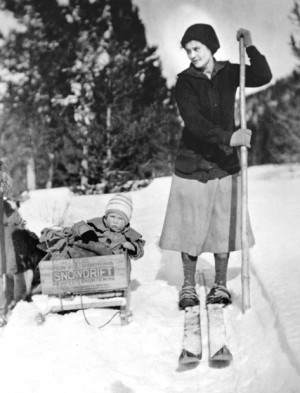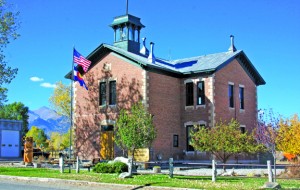The Book of John, By Kate Niles
O-Books, paperback, 225 pages
ISBN-10: 1846942918
ISBN-13: 978-1846942914
Reviewed by Annie Dawid
Surely we are all autistic at some level, in some place in our hearts? Living in this country, with its glamour and malls, its stream of cars, its TV and competition, is like battering yourself against a sea wall, time and again. How do you not retreat into a world of your own in the face of that?
John Gregory Wayne Thompson, eponymous hero of Kate Niles’s second novel, ponders thus in the first chapter of this exquisitely-rendered journey of one man’s soul, from the deserts of Southwest Colorado to the cold beaches of Neah Bay in the Pacific Northwest, tracking his life and loves like an archeologist mapping our collective history.
The archeologist of this story, John, is 50 years old, distressed with his marriage and career, learning disabled, struggling with the difficulty of expressing himself plainly and clearly, not only in writing but in every facet of his daily life. We meet him in the fog and rain of the Washington coast, where he has fled to ponder the disturbing archeological find of his last dig. In a kiva chimney near the San Juan River, he and his partners have unearthed human bones, apparently roasted and eaten. Cannibalism is only one of multiple subjects in this novel, which will appeal especially to students of Southwestern and Northwestern Native American history.
But students of the broader human condition will also be riveted, as I was, by Niles’s depiction of a man in trouble, a man who thinks and feels with great intensity, yet constantly stymied by his difficulties with reading and especially writing. As project director, he has been charged with writing the report of the group’s discovery and instead of asking his Ph.D. wife to assist with the task, as he has done for the last 25 years, he has fled to the Makah reservation, where his friend George is holed up and hiding, though from different demons.
Lest this story sound despairing in its seriousness of subject matter, Niles leavens the text throughout with laugh-out-loud humor. After John’s temporary departure from Neah Bay, George communicates by e-mail with John, who is a white boy from Southern California. The best humor here, as in all good literature, tiptoes close to tragedy. George asks why John has spent his life immersed in Native American culture.
Because everything else is bullshit. Money is an abstraction. Shrink-wrapped steroid-infested beef at the market is an abstraction. How do you eat an abstraction? Why do you want to go whale hunting?
We all lack initiation. We used to have it until you guys came along. And you white guys seem to have no clue about that. You do it all wrong … For example, Everest. Everest???!! What the FUCK is THAT??? Guys in Spandex over achieving their way up a peak. Spare me.
Threaded through the archeological mystery is another kind of digging for answers, that of John and his Marine father, who spoke little and gave even less away during his post-World War II life, where he experienced particular horrors in the Pacific.
Among his things, which John cannot bear to look at until very late in the story, are diaries and photographs from his time in Iwo Jima. His father’s grisly discoveries there parallel John’s own in the thousand-year-old detritus of Tin Cup Wash, where the skull he unearths seems to laugh at him: “No one’s a Noble Savage, John-Boy. Not a one of us. Hah hah hah.”
Niles is clearly a scientist; simultaneously, her concerns are spiritual. The novel resonates with a search for meaning that washes up against John’s Roman Catholic background and the scripture that underlies the title.
“I am the voice of one crying in the wilderness.” John 1:23. This New Testament book supplies the novel’s epigraph and speaks not only for John Gregory Wayne Thomas, but for us as well.
Annie Dawid’s last book, “And Darkness Was Under His Feet: Stories of a Family,” will be the subject of a forthcoming Jewish Studies address at the University of Denver. She taught a fiction workshop this year at the Taos Summer Writers Conference.


